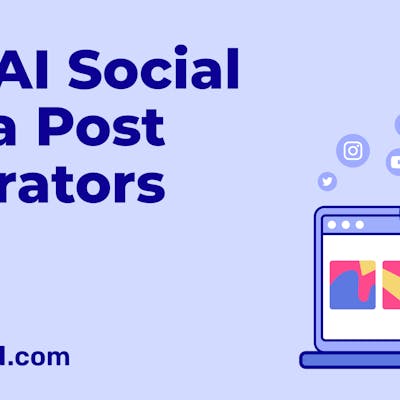Social media is now an essential part of our daily lives, allowing us to connect with others and share information. However, the potential of social media in healthcare is often overlooked.
Social media can be used to share valuable information, connect with patients, and improve the quality of care provided. In this blog post, we’ll explore the benefits and best practices of using social media for healthcare, including how it can improve patient care, boost engagement, and position your organization as a thought leader.
We’ll also introduce Simplified, a tool that helps manage social media presence. Let us guide you and provide the knowledge and tools needed to enhance your social media presence.
Benefits of Using Social Media for Healthcare
Social media has rapidly become a valuable tool for healthcare professionals and organizations. Here are some benefits of using social media for healthcare:
1. Improved Patient Engagement and Education
Social media allows direct engagement with patients, enabling healthcare professionals to educate them about health conditions and preventive measures. This leads to better patient satisfaction, improved outcomes, and a more informed patient population.
2. Increased Brand Awareness and Reputation
Having a social media presence helps healthcare organizations increase visibility, establish credibility, and attract new patients. Sharing educational content and participating in online discussions builds a loyal following and strengthens the organization’s brand image.
3. Enhanced Communication and Collaboration among Healthcare Professionals
Social media for healthcare connects healthcare professionals, facilitating collaboration, knowledge sharing, and staying up to date on the latest research and developments. This leads to innovative ways of improving patient care.
4. Real-time Tracking of Patient Satisfaction and Feedback
Social media provides real-time feedback from patients, allowing healthcare organizations to monitor satisfaction and collect valuable insights for improving patient care.
Bonus: What Is A Social Media Target Audience And How To Find Yours
Best Practices: Using Social Media for Healthcare
Social media provides healthcare organizations and professionals with opportunities to engage with patients, promote health education, and encourage positive health behaviors. When used strategically, it can reach a wider audience, foster connections, and deliver valuable healthcare information.
It’s crucial to ensure that your organization uses these platforms in a way that aligns with your goals and values while also maximizing your reach and impact. Here are some best practices for using social media for healthcare:
1. Define Your Goals and Target Audience
- Before creating any content or launching social media accounts, it is essential to define your goals and target audience.
- Ask yourself what you hope to achieve by using social media and who you want to reach. This will help guide your social media strategy and ensure that your content resonates with your intended audience.
2. Develop a Social Media Policy and Guidelines
- Creating a social media policy and guidelines is important to ensure that everyone who is representing your organization on social media is on the same page about what is acceptable and what is not.
- A clear policy can also help protect the privacy and confidentiality of patients and prevent any unintended breaches.
3. Choose the Right Social Media Platforms for Your Organization
- Not all social media platforms are created equal, and it is important to choose the right platform(s) for your healthcare marketing agencies or organization based on your goals and target audience..
- For example, Twitter may be more appropriate for sharing news and updates, while Facebook may be better for patient education and engagement.

4. Create Engaging Content That Resonates with Your Audience
- Social media for healthcare involves creating engaging and informative content is key to keeping your audience interested and coming back for more.
- Consider creating a social media calendar to ensure that you are regularly sharing new and relevant information. Share a mix of educational content, patient stories, news and updates, and behind-the-scenes glimpses of your organization.
5. Monitor and Respond to Comments and Feedback
- Monitoring your social media accounts for comments and feedback is important for keeping your finger on the pulse of what your patients and followers are saying about your organization.
- Responding to comments in a timely and professional manner can help improve patient satisfaction and build trust with your audience.
Following these steps will help you engage with patients, build your brand, and enhance communication and collaboration among healthcare professionals. A well-planned and executed social media strategy for healthcre care can help organizations to provide better patient care and achieve their goals.
Examples of Successful Social Media Use For Healthcare
Social media has revolutionized the way healthcare organizations interact with patients and the public, allowing for more engagement and education than ever before. Here are some examples of successful social media use in healthcare:
1. Mayo Clinic’s Use of Twitter for Patient Education
Mayo Clinic is a world-renowned healthcare organization that has effectively leveraged Twitter to educate patients and the public on various health topics. They share information on medical research and news and offer expert opinions on trending health issues. By doing so, Mayo Clinic has built trust with its followers and positioned itself as a leading source of health information on social media.
2. Cleveland Clinic’s Facebook Live Series for Patient Engagement
Cleveland Clinic has utilized social media for healthcare through Facebook Live to engage with patients and offers valuable health information. Their weekly Facebook Live series, called Health Essentials Live, features Cleveland Clinic doctors and health experts discussing various health topics and answering viewer questions. This has helped the organization increase engagement and build trust with its followers.
3. Doctor Mike’s YouTube Channel for Health Education and Awareness
Doctor Mike, a practicing physician and social media influencer, has used his YouTube channel to educate viewers on various health topics, debunk medical myths, and raise awareness on important health issues. His engaging and informative videos have helped to increase health literacy and improve overall awareness of health and wellness topics.
4. American Cancer Society’s Instagram Campaign for Cancer Awareness
The American Cancer Society has successfully utilized social media for healthcare to raise awareness about cancer and promote early detection. They launched an impactful campaign called #NoHairSelfie on Instagram, where people were encouraged to shave their heads and share their photos on Instagram to show support for cancer patients and survivors.
The campaign went viral, reaching a wide audience and generating conversations about cancer prevention and support.
5. National Eating Disorders Association’s Twitter Chat for Support and Education
The National Eating Disorders Association (NEDA) has leveraged Twitter to create a supportive community and provide educational resources for individuals struggling with eating disorders. They host regular Twitter chats, using hashtags like #NEDAwareness and #RecoveryChat, where people can openly discuss their experiences, ask questions, and receive guidance from experts.
These chats have facilitated a sense of belonging and connectedness, encouraging individuals to seek help and access resources for recovery.
Bonus: 9 Free Social Media Schedulers For Small Business Owners
Engage & Educate with Simplified!
With a busy schedule, it’s not that easy for modern healthcare professionals to spend too much time creating social media content.
But with the right tool and resources, healthcare professionals and organizations can manage their social media presence effectively and leverage its potential for improved healthcare outcomes.
This is where Simplified comes to your rescue!
Simplified is a powerful tool that can help healthcare organizations improve their social media presence. With features like a social media scheduler, social listening, and analytics tools, Simplified makes managing social media easy and efficient.
This powerful AI tool can help organizations use social media for healthcare effectively. Engage and educate patients while simultaneously boosting brand awareness and improving communication and collaboration among healthcare professionals.
With Simplified, you’ll have access to a variety of professional, attention-grabbing social media templates and graphics that allow you to create engaging content in minutes. Additionally, its AI writer can assist you in crafting content more efficiently by providing the necessary information.
Access specialized templates and features tailored to the healthcare industry.










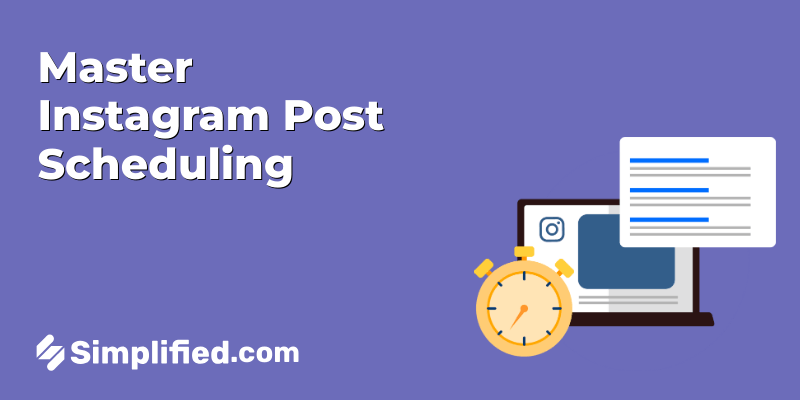
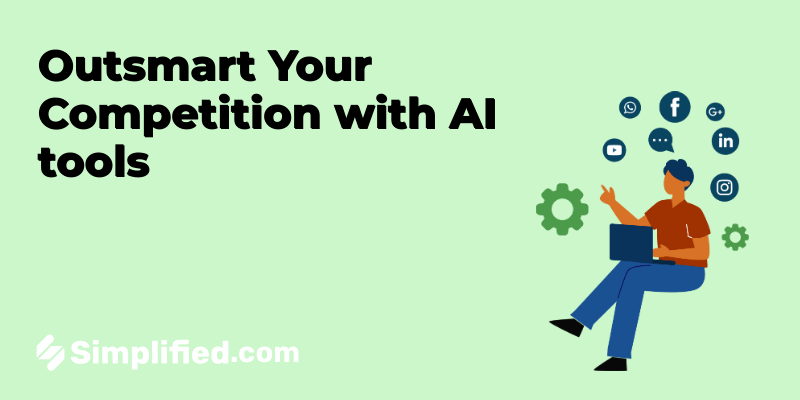
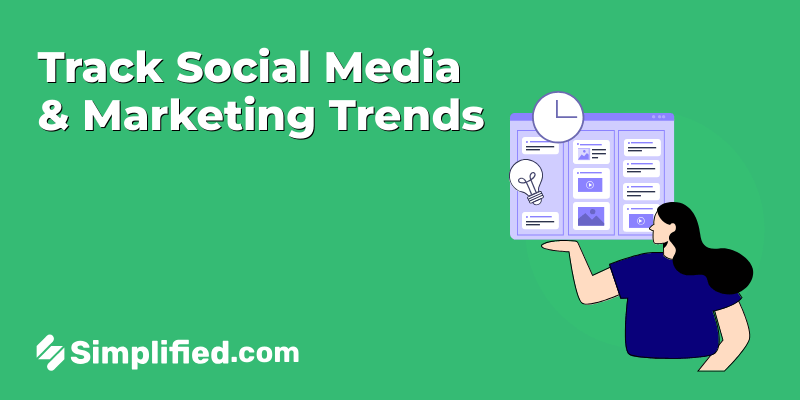
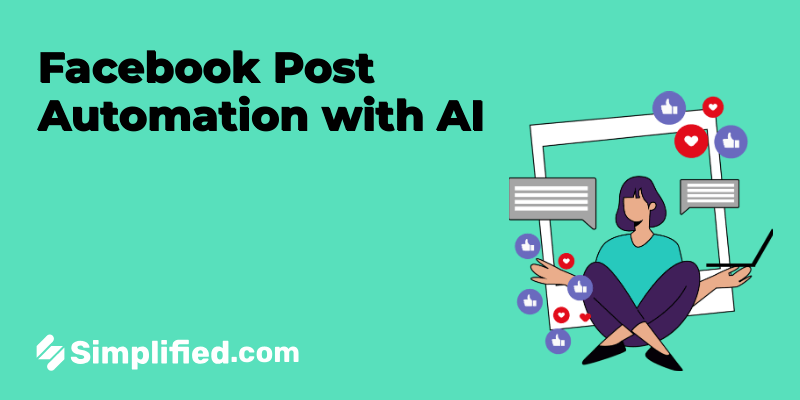
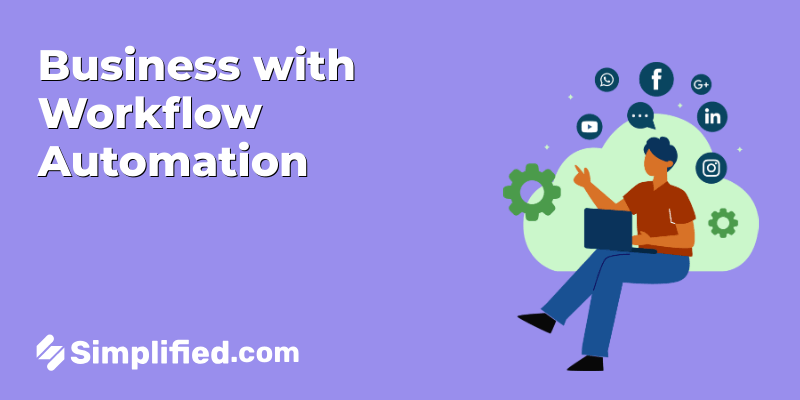
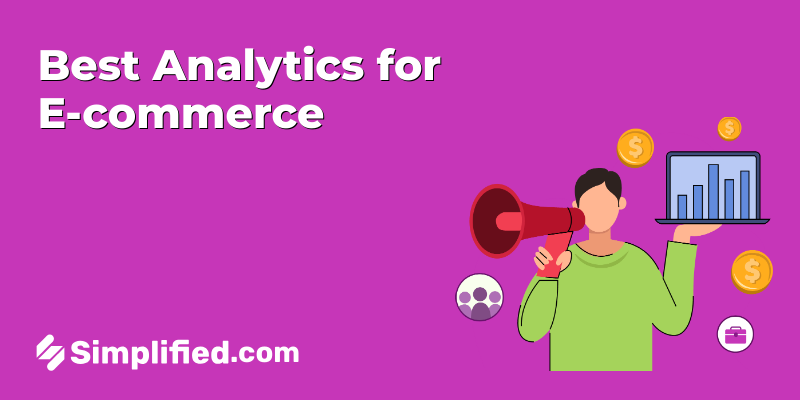
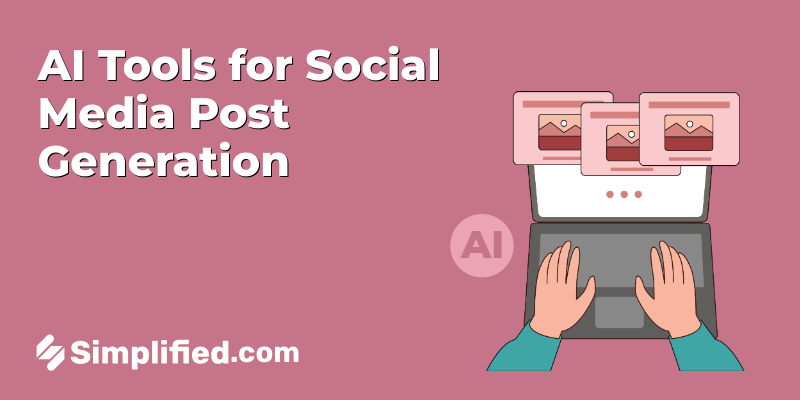
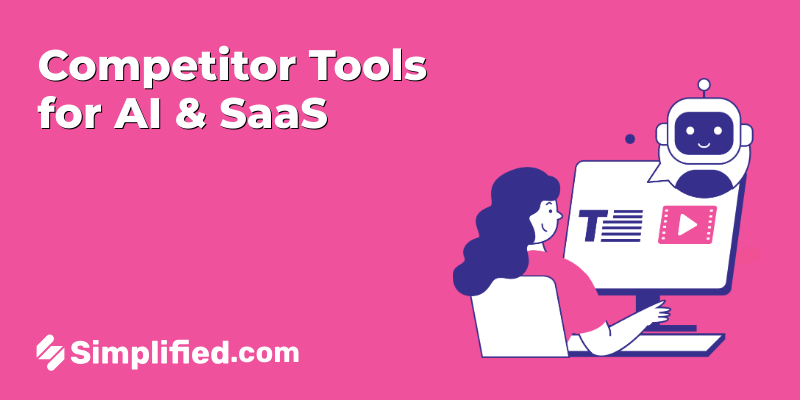
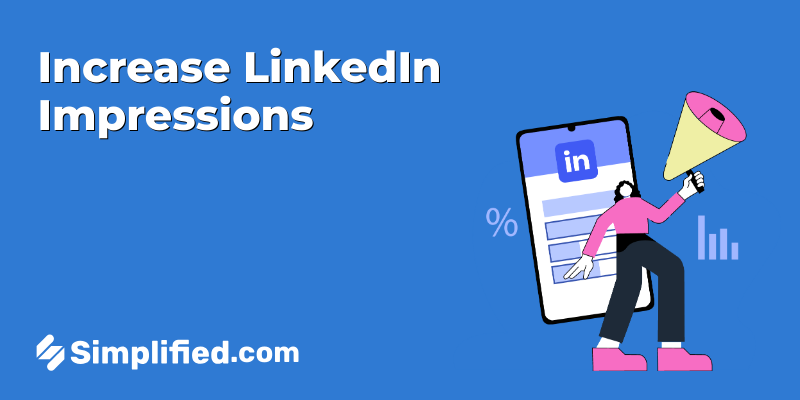
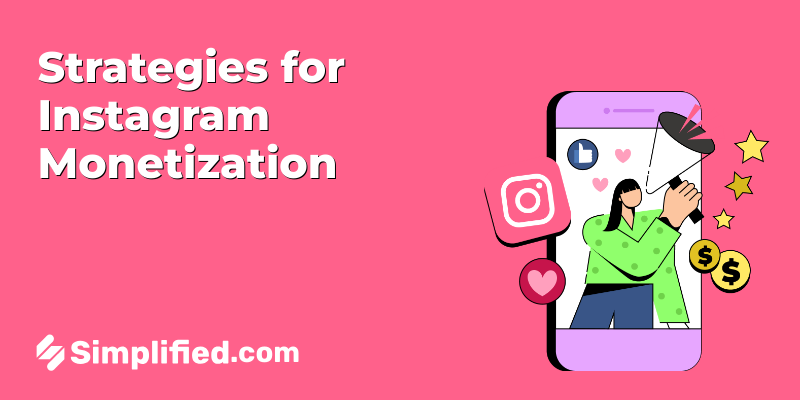
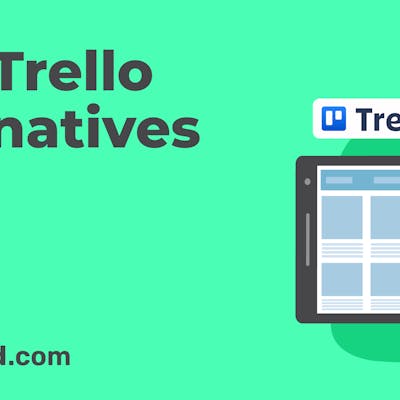

![13 Project Management Software & Tools for Creative Agencies [Free & Paid] 13 Project Management Software & Tools for Creative Agencies [Free & Paid]](https://siteimages.simplified.com/blog/Advertising-Agency-Project-Management-Softwares-01.png?auto=compress&fit=crop&fm=png&h=400&w=400)
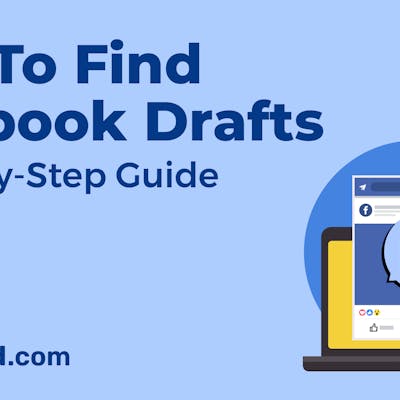
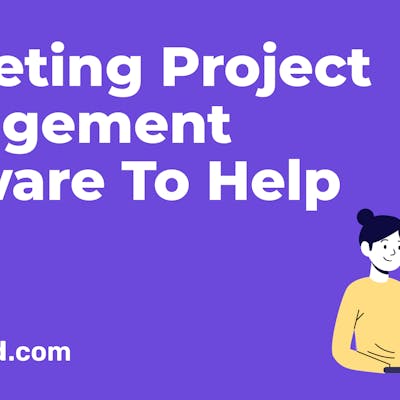
![How to Find Your Drafts on Instagram: Posts, Reels & Stories [2025] How to Find Your Drafts on Instagram: Posts, Reels & Stories [2025]](https://siteimages.simplified.com/blog/How-to-Find-Your-Drafts-on-Instagram-Ultimate-Guid-01-1.png?auto=compress&fit=crop&fm=png&h=400&w=400)
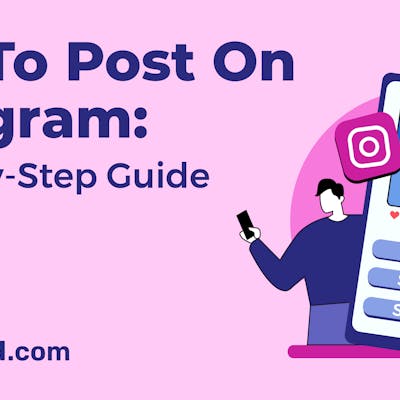
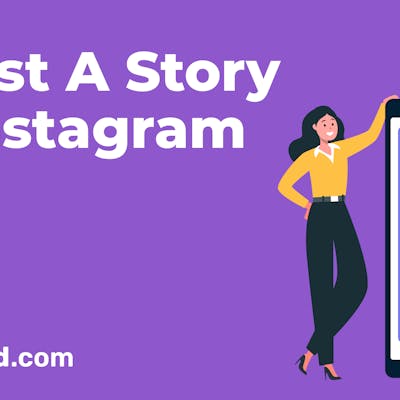

![20+ Top monday.com Alternatives In 2025 [Free & Paid] 20+ Top monday.com Alternatives In 2025 [Free & Paid]](https://siteimages.simplified.com/blog/Top-Project-Management-Tools-01-1.png?auto=compress&fit=crop&fm=png&h=400&w=400)
